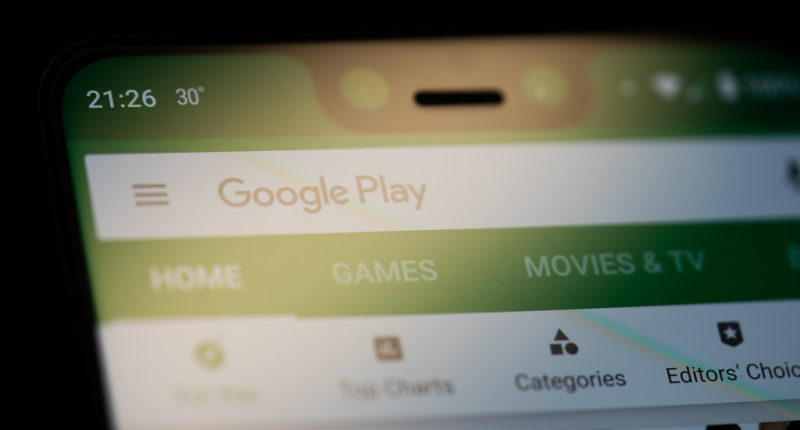Google has recently banned 600 apps from Play store, banning their developers from the platform completely for “disruptive” ads and ad fraud, the search giant confirmed to Buzzfeed News. This came as Google’s attempt to stomp down on developers and marketers who use ads in a deceitful way, either for security or general reasons. However, the irony does not evade from the eyes of the public, which has witnessed Google facing similar charges on multiple occasions. We live in strange times after all.
Most of the developers that were banned from Play store belonged from regions like Hong Kong, India and specifically China. While it does not necessarily mean something, and it could be just what we called it earlier, a coincidence, a question still looms whether this has something to do with the technological war between U.S. and China.
One of the highlights of this massive take down, is banning of one of China’s biggest app developers, Cheetah Mobile. The developer is a publicly traded Chinese company. Cheetah Mobile has been found guilty of ad fraud in the past, and had its app taken down, with a warning of harsher punishments in the future. On being found committing similar foul, its whole plethora of 45 apps were taken down from Play store this time around. We have mailed Cheetah Mobile for a statement, and will update the story once we receive the same.
Google’s policy prohibits apps from selling and distributing disruptive ads, like those that put users in a susceptible position to click on them inadvertently or others that prohibit valuable functions like GPRS or phone calls (for example, some developers show ads in full screen during calls, thus causing accidental clicks).
“This is an invasive maneuver resulting in poor user experiences that disrupt key device functions like phone calls and GPS, causes inadvertent ad clicks, and wasted [money] for advertisers,” Per Bjorke, Google’s senior product manager for ad traffic quality told Buzzfeed News in an interview.
Bjorke also added that Google deployed a safety measure last year to detect apps that go against the ad measures it had set up. The feature would automatically apps that commit fouls, and display warnings at first to correct on them. On repeated fouls, the penalties would keep getting harsher, including the likes of what we got today.
However, Google lecturing other developers on ad policies seems a little hypocritical as the company continues to face accusations of data manipulation and employing deceitful ways to serve its own ads in various jurisdictions. The company has recently been stopped right in its track of Fitbit’s acquisition and has been asked to introspect on how it uses data before reporting the transaction to EU authorities.
The Tech Portal is published by Blue Box Media Private Limited. Our investors have no influence over our reporting. Read our full Ownership and Funding Disclosure →






